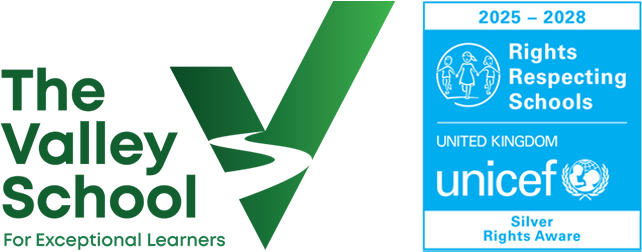Intent – What are we aiming to achieve through our curriculum?
- To provide a variation of practical and theory-based lessons, learning about first aid, emergency services, volunteering, and public service organisations, while continuing to develop outdoor learning skills gained in KS3.
- To build pupils’ knowledge of health, safety, and teamwork through practical application in first aid scenarios, Duke of Edinburgh expeditions, and volunteering opportunities.
- To develop students’ understanding of the roles and responsibilities of those working within the emergency and public service sectors, including how they support the community and respond to incidents.
- To apply learning through real-life and simulated situations in which students plan, navigate, work as a team, and respond to emergencies.
- To develop resilience, confidence, and independence each week through outdoor learning activities, problem-solving challenges, and expedition preparation.
- To embed key personal development skills including communication, leadership, and responsibility, providing students with the ‘cultural capital’ they need to succeed in life.
- To prepare students for the next stage of their education or employment by completing Pearson BTEC Level 1 units PS8 (Responding to an Incident) and PS9 (Planning and Navigating a Route), as well as the Duke of Edinburgh Bronze Award.
- To ensure all students complete Vocational Studies and Duke of Edinburgh lessons with outcomes that reflect their best ability, with recognition through nationally accredited qualifications.
Implementation – How are we delivering our curriculum?
- Students have full access to a broad and balanced curriculum which is differentiated to meet their learning needs and styles.
- Students are taught through themes, allowing them to make links between theory (e.g. first aid knowledge, emergency services roles) and practice (e.g. responding to incidents, planning routes).
- In Year 10 the focus is on core public service knowledge and essential outdoor learning skills: first aid, volunteering, and introduction to incident response. Students will also begin preparation for their Duke of Edinburgh Award. Completing BTEC Unit PS8 – Responding to an incident.
- In Year 11 students build upon these foundations, applying their knowledge in practical contexts such as route planning, expedition work, and team challenges. They will complete BTEC PS9 – Planning and Navigating a Route, while continuing their Duke of Edinburgh journey.
- The curriculum is designed to provide repeated opportunities to practise and embed knowledge, particularly through outdoor learning and practical application, increasing confidence and long-term recall.
- Students experience both classroom-based learning and outdoor practical sessions, ensuring a balance between knowledge, skill development, and real-life application.
Impact – What difference is the curriculum making to our students?
- The majority of students meet or exceed their expected progress, based on their starting points, in both Duke of Edinburgh and BTEC assessments.
- Students gain confidence in essential life skills such as first aid, teamwork, communication, and navigation, enabling them to know what to do and how to support others in real-world situations.
- The large majority of students successfully complete the Duke of Edinburgh Bronze Award and achieve external accreditation through BTEC qualifications (PS8 and PS9).
- Students leave Year 11 better prepared for further education, volunteering, and employment, with nationally recognised qualifications and a portfolio of practical skills.
- The curriculum ensures that all students, regardless of ability, can achieve outcomes that reflect their best ability, while also developing resilience, independence, and responsibility that will benefit them in their future lives.




